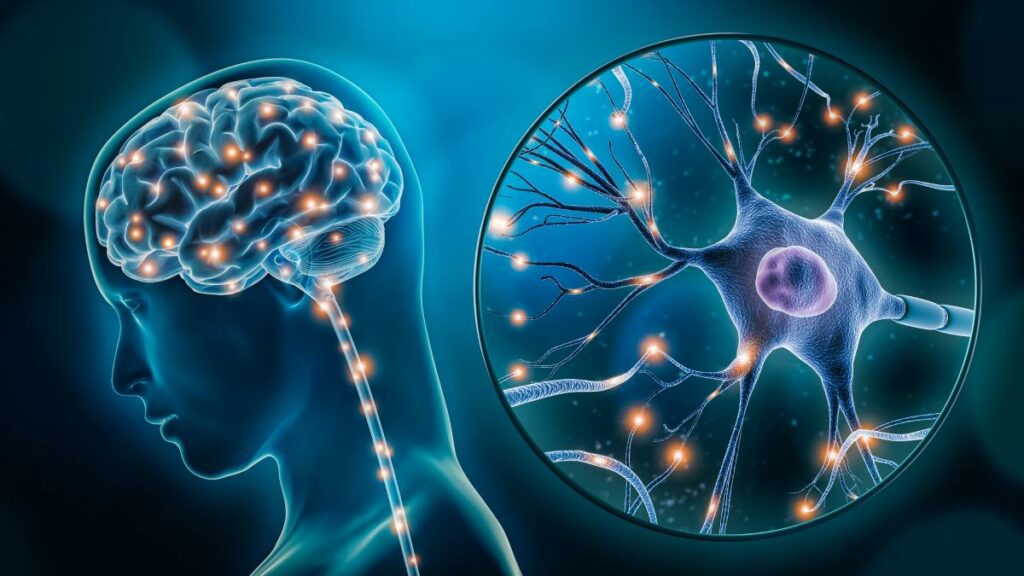Neurocritical care is a relatively new field of medicine that is constantly evolving. Because of this, medical professionals know many misconceptions about neurocritical care. Here, we will dispel some of the most common myths about neurocritical care.

Neurocritical Care Is Only For People Who Have Had A Stroke
Neurocritical care is a relatively new specialty within the field of medicine, and as such, it is still not well understood by the general public. One common misconception is that neurocritical care is only for people who have had a stroke. In reality, however, neurocritical care can benefit patients with various neurological conditions.
For example, neurocritical care specialists may work with patients who have suffered a traumatic brain injury, an aneurysm, or a spinal cord injury. In each of these cases, the goal of treatment is to minimize the damage to the brain and improve the patient’s long-term outlook.
While it is true that stroke patients often require neurocritical care, this is by no means the only population that can benefit from this type of treatment. Neurocritical care specialists are trained to provide comprehensive care for patients with various neurological conditions. By working with a neurocritical care team, patients can receive the specialized treatment they need to improve their chances of making a full recovery.
Neurocritical Care Is Expensive And Only Available At Major Hospitals
Many believe that neurocritical care is expensive and only available at major hospitals. This is simply not true. Neurocritical care is a relatively new field of medicine, and as such, it is still possible to receive quality care without breaking the bank. Many community hospitals now offer neurocritical care services, and the cost of treatment is often quite reasonable.
This misconception is likely due to the fact that neurocritical care is still a relatively unknown field. When people hear the term “neurocritical care,” they often assume that it is some kind of cutting-edge, experimental treatment only available at major research hospitals. However, this is a misconception. Neurocritical care is a vital branch of medicine that is slowly but surely gaining recognition among patients and medical professionals.
Neurocritical Care Is Only For Brain Injuries
Another common misconception about neurocritical care is that it is only for brain injuries. While it is true that many patients who require neurocritical care have suffered some type of brain injury, this is not always the case. Remember, neurocritical care specialists, are trained to provide comprehensive care for patients with various neurological conditions.
This means that, in addition to treating patients with brain injuries, neurocritical care teams may also work with patients who have suffered a stroke, an aneurysm, or a spinal cord injury. No matter what condition a patient is dealing with, the goal of neurocritical care is always the same: to minimize the damage to the brain and improve the patient’s long-term outlook.
Neurocritical Care Is Scary And Only Meant For Experts
Another common misconception about neurocritical care is that it is a scary, daunting field of medicine that is only meant for experts. This could not be further from the truth. Neurocritical care teams are highly skilled and experienced medical professionals dedicated to providing the best possible care for their patients.
In addition, neurocritical care teams work closely with other healthcare team members, such as neurologists, neurosurgeons, and rehabilitation specialists. This interdisciplinary approach to care ensures that patients receive the comprehensive treatment they need to improve their chances of making a full recovery.
Neurocritical Care Can’t Improve Patient Outcomes
One of the biggest misconceptions about neurocritical care is that it is ineffective and cannot improve patient outcomes. A growing body of research has shown that neurocritical care can significantly improve patient outcomes, especially in reducing the risk of death or disability.
In one study, for example, patients who received neurocritical care were less likely to die than those who did not receive this type of care. In another study, patients who received neurocritical care were more likely to recover from their injuries and return to their previous level of functioning. These studies and others like them clearly show that neurocritical care can make a real difference in patients’ lives with neurological conditions.
Neurocritical Care Isn’t Worth The Time Or Money
One of the most common misconceptions about neurocritical care is that it isn’t worth the time or money. Neurocritical care teams are highly skilled and experienced medical professionals dedicated to providing the best possible care for their patients. In addition, neurocritical care teams work closely with other healthcare team members, such as neurologists, neurosurgeons, and rehabilitation specialists.
This interdisciplinary approach to care ensures that patients receive the comprehensive treatment they need to improve their chances of making a full recovery. A growing body of research has also shown that neurocritical care can significantly improve patient outcomes, especially in reducing the risk of death or disability.
Final Thoughts
Neurocritical care is a vital branch of medicine that is slowly but surely gaining recognition among patients and medical professionals. While there are still some misconceptions about this field of medicine, it is clear that neurocritical care can provide real benefits for patients with neurological conditions. Don’t hesitate to ask your doctor to admit you or your loved one to a specialized Neurocritical Care unit when facing a serious brain illness, spinal cord injury or other neurological disease. It could be the difference between life and death.



